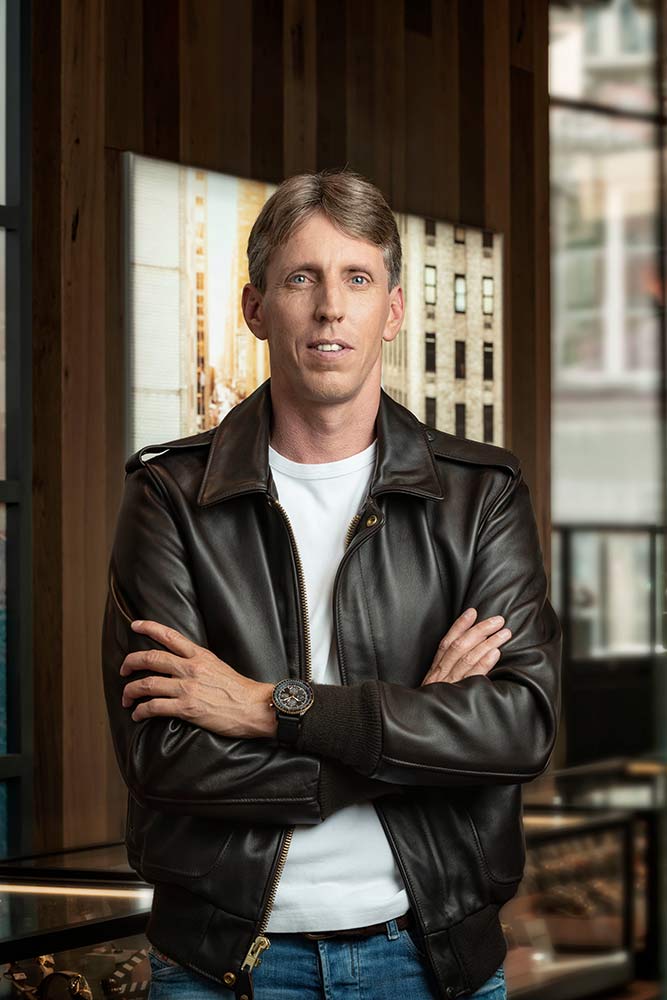The tech world is constantly evolving, and innovation has always been a crucial part of our company. We want to offer quality technology to our customers and do it in a way that is transparent, comprehensible and with their total trust.
cdmon was founded in 2002 with the aim of creating an open and quality Internet where everyone can take part. In our more than 20 years, we have become a leading company on domain, hosting, VPS, and dedicated servers’ sales. We enjoy a challenge and our whole team loves technology, and therefore we work every day to bring value to our customers and make sure their projects become a success.
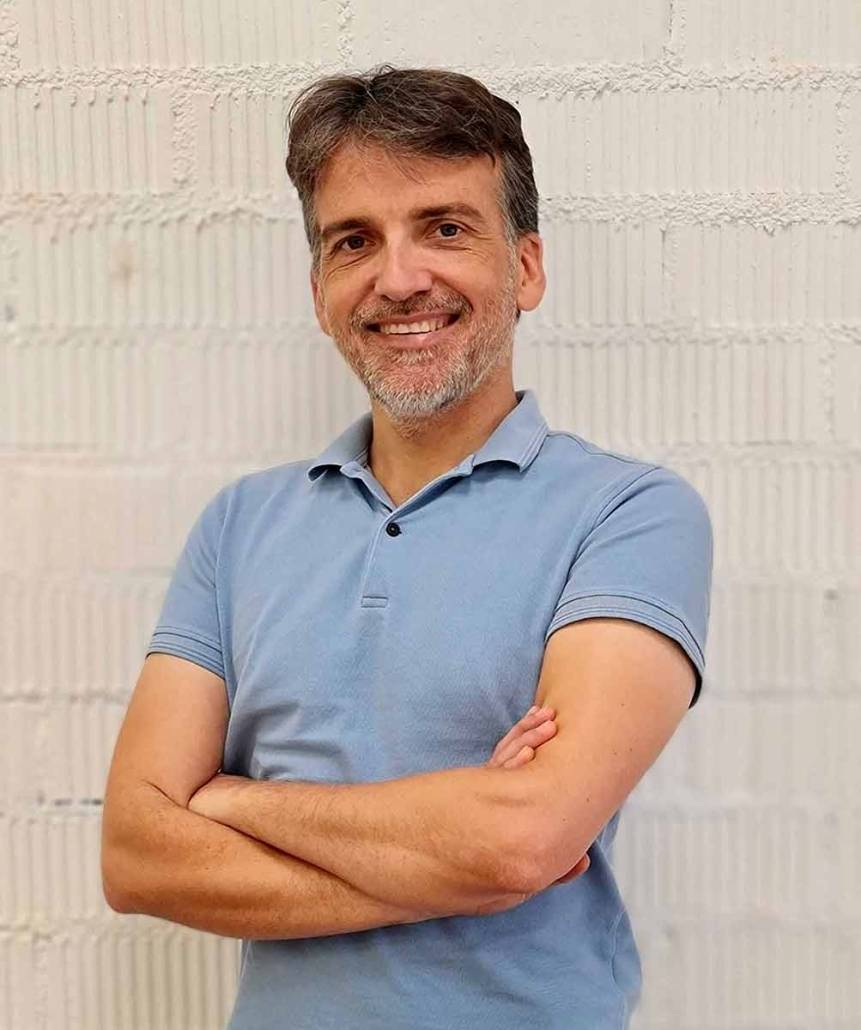
A certified domain registrar, we currently have more than 600 domain extensions in our products’ portfolio, in addition to being ISO and security certified, and we have been classified as an innovative company by the Spanish government.
cdmon has been and is a reference for your highly customizable service and our customer care team available 24 hours, 7 days a week.
But even if cdmon did not come to life until 2002, the idea started brewing in 1996, when Jaume R. Palau, cofounder, and current CEO of the company, remembers the emotion of adventure, of things to discover, being fascinated by the first years of Internet.
How did cdmon start?
When the company was founded, we had so many ideas on the table. By itself, starting the business was only just a way of redirecting the creative energy of the persons that created it. In 2002, a part of our activity created websites and was called 10dence (a play on words with the word tendency) and another for hardware news called Hispahard. We also hosted our own development in our servers, so we had prior experience. What we then discovered was that there were too many competitors creating websites, so we saw an opportunity of turning our competitors into our customers.
A few months later, we released cdmon.com, our bet to create a service to offer Internet presence. In the beginning, our mission was to make technology transparent for the user, so they could create content and develop their project. From there, we incorporated web hosting services and domain registration while we developed our own control pane
What is cdmon’s mission on the web hosting and domain industry?
Nowadays, our mission is to create an open and quality Internet where everyone can take part.
An open Internet means offering interoperability to our customers, avoid vendor lock-in or any other kind of practices that make our customers become prisoners to our service. It also means offering a flexible platform.
A quality Internet means offering a service amongst the best in the market, which becomes a challenge due to the complexity of this sector and the job market.
Lastly, where everyone can take part, refers to our Corporate Social Responsibility, which is to help all entrepreneurs.
What values represent you that you have instilled in your company?
I think that one of these values has been honesty. The basis for starting a business that lasts over time is the ability to creating lasting relationships, and the foundation to creating a lasting relationship is trust. Without honesty, there’s no trust. And it shows, when a customer has been with an honest company and then changes to a dishonest one, the customers knows that something is missing and most of the time it ends up coming back.
Another value is thankfulness. Internet has given us a lot, and so has the Open Source community, since all our services are built upon open code. We have reflected this by knowing how to give back free services to society in the form of our Corporate Social Responsibility.
Nonetheless, I would like to add that the most important thing are not the values that represent myself but the values the company needs to execute its strategy and reach its goals. I think that this point is crucial to execute a strategy full force, become aware of which conducts strengthen the plan to follow, work them at an organizational level and develop them together with the other members.
What market expansion prevision do you have in mind?
The current economic situation is uncertain and complicated. The idea is to always go on and keep growing, we need to open to new markets. We have some products that are competitive at an international level, and it is only a matter of making our brand known. I think cdmon has a lot to say on the global market, always with the greatest humility, since we are aware that we are competing against true Internet giants. But this does not dishearten nor discourage us since ours is a healthy ambition, thinking of it more as a challenge than a necessity.
How did the customers’ demand change versus when you started the project?
The market has really evolved. In 2002 there were no smartphones, nor tablets nor the Cloud. Programming languages were simpler, very few were well-known and lots more were yet to be developed.
The need for security wasn’t the same: the Internet was a place for leisure, not business, so cybercriminals were not looking to make a profit and were simply Internet thugs.
Social media and website builders did not exist yet or offered substitutes. Competence wasn’t as high since this market was still at a very early stage. Technology’s evolution was changed the customer’s habits and how they consume this product.
Which are the main threats the company is facing?
Reading the previous answer, lots of threats start emerging. Our sector is affected by everything related to data security.
On the other hand, this sector is still largely unregulated and very atomized. It surprises me that the European legislation still hasn’t taken action and set the industry standards for those that want to offer hosting web services, since information is a key asset.
The electronic components and IT labor shortages are two of the main brakes for the growth of tech companies. For example, there are months long waitlist to buy certain material. And regarding the job market, salaries are increasing due to the talent shortage.
What makes us better and different to our competitors?
Lost of technological companies see themselves as the “engine” that help strengthen an activity. In our case, we see ourselves more as a heart than an engine. We are a technological company that has emotions, and we worry about customer’s satisfaction. For us, a customer is someone the company has a relationship with. Relationships are like trees, if you take care of them, they yield results. Others see the relationship with customers as a lemon to squeeze, and then it’s time to move on. This aspect, I think, makes us different because it brings warmth to our service, it gives it soul and its own identity, and when the customer tries other services, they think: looks the same, smells the same, but it definitely is not the same.
How do you remain at the forefront after 20 years?
There are two aspects I think important. The first is to chase a vision that inspires you and work on something that makes sense to oneself. If your work makes sense, you feel in balance. The second aspect that is important is to keep your word. I think integrity is one of the key elements for great leadership and to create an atmosphere of trust with your associates, workers, and collaborators. This does not mean that it is infallible, what I mean is that it is important to be aware of it and make every effort to follow it.
You have reached more than 20 years heading up a company leader in its sector, how far do you want to go? How do you see yourself in 10 years’ time?
As I said before, I think that to pursue a vision is very important to know where you want to go. Ambition is one thing, but you need to know the chances of achieving or reaching it. Lately I’ve been reflecting about the process we are currently living as a society, since the raw material shortage and the climate change will push us all to a very different scenario to the one we want to project. Let me be cautious and reserved about sharing my personal vision.
What qualities does a CEO need to have today?
We live turbulent and uncertain times. I think that people that can’t coexist with uncertainty will have it pretty rough as a CEO.
On the other hand, we find ourselves in a time when short-termism prevails over long-term vision. This is the way, at least from my point of view, a CEO should be a strategist and work long-term and be a good communicator to be able to explain to all interested parties why this long-term vision is important.
A CEO has to be able to trust and also be distrustful: to trust and delegate, to distrust and control.
A CEO must know how to listen, has to know how to create good relationships with its collaborators, needs to have a flexible mind, has to be neutral as to its personal, political, religious, and other interests, must know when to talk and when to stay silent.
A CEO also has to look out after the company and the return on investment: pamper the profit and loss account.
What do you do to inspire by example?
I try to do what I say and not be a hypocrite.
These last few months a lot has been said about security and cyberattacks, what advice can you give?
Cyberattacks have increased because it has become a very lucrative activity. Due to the increase of cryptocurrencies, new channels have been opened for cybercriminals to earn real money: ransomware, confidential data theft, etc.
A way of stopping these attacks would be for them to become so expensive that cybercriminals can’t make any money out of it.
How much did the information theft to a very important semiconductor manifacturing company cost them? The cybercriminals asked for hundreds of millions of dollars to not make the stolen data public. I think this may give a hint to how much a company must invest in securing their information. How much does your confidential data cost on the market? How much should a cybercriminal invest to get it?
Any last advice?
Only for them to enjoy life and live the moment. Today you’re at the top and tomorrow everything can take a turn for the worse. Or on the contrary, you can be at a bad point in time and tomorrow have the lucky break you needed. And in the end, whatever it is, good or bad, ends up happening. Because if there is something I have learned, is that everything happens
.






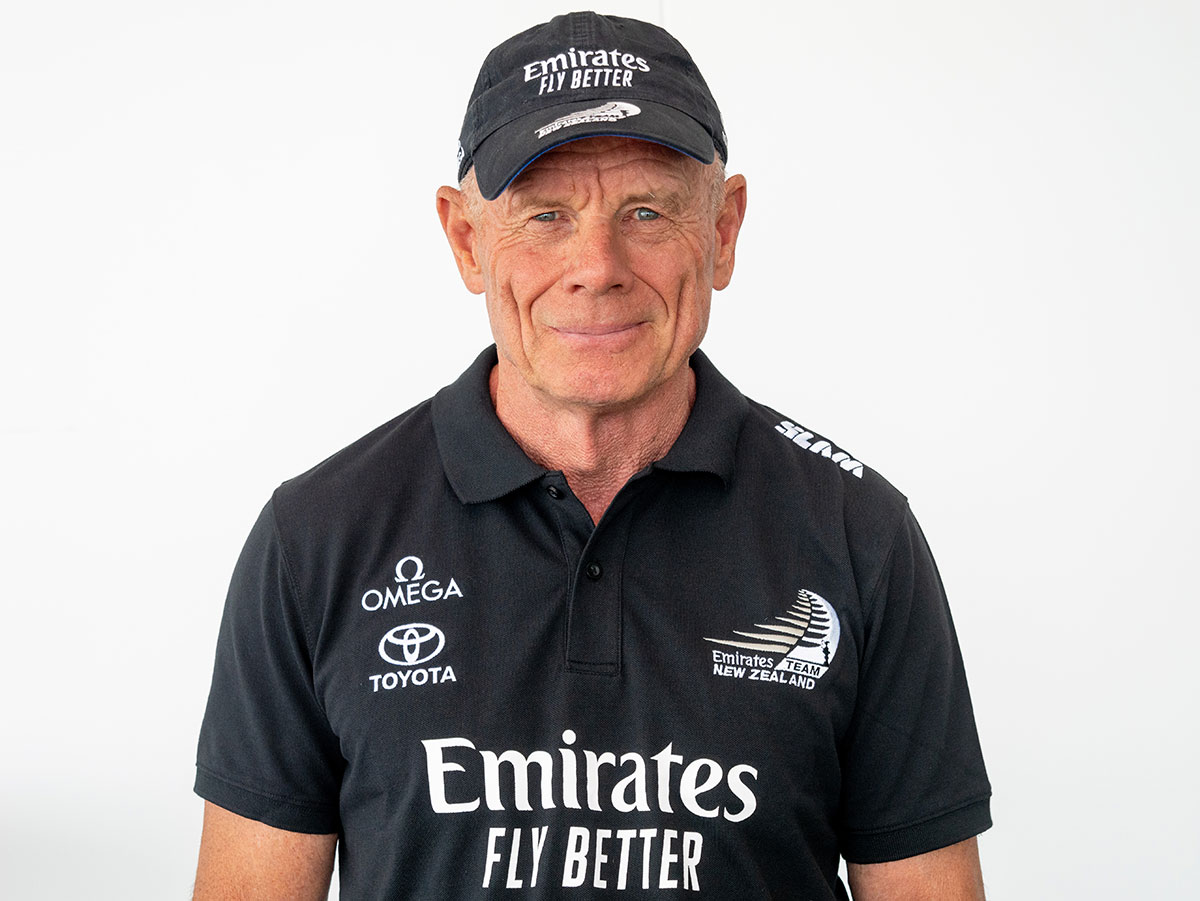
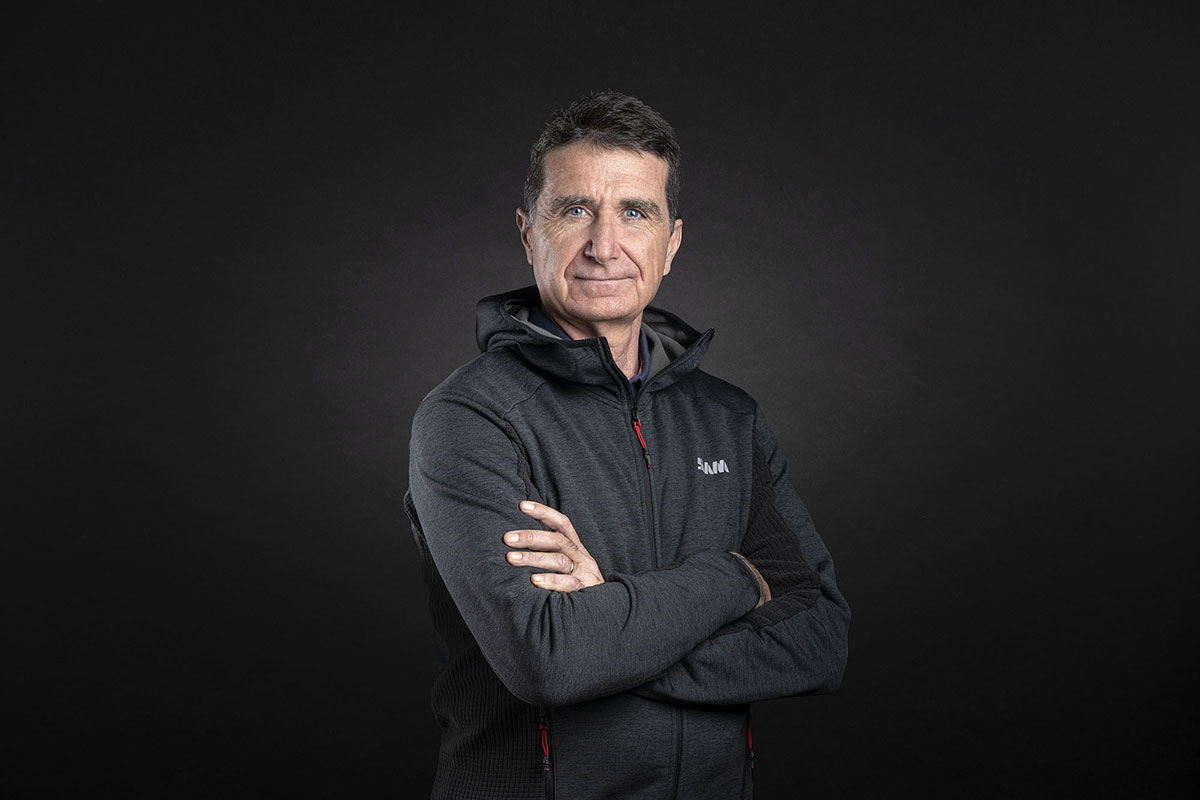



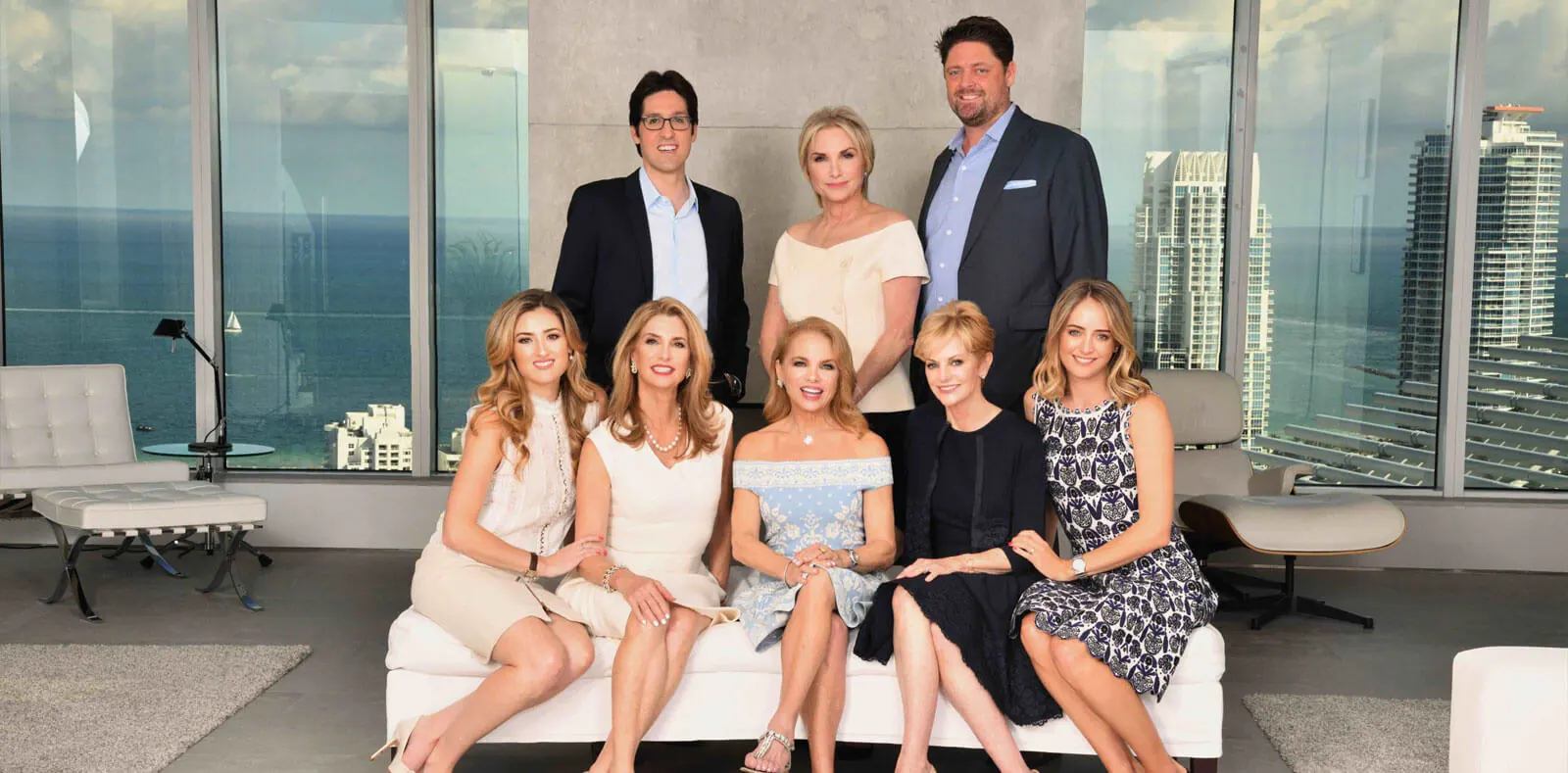

 The South Florida Business Journal has once again included Jill Eber, Judy Zeder, and Jill Hertzberg in its annual list of residential Power Brokers throughout Miami-Dade, Broward, and Palm Beach counties, citing The Jills Zeder Group’s outstanding sales achievement.
The South Florida Business Journal has once again included Jill Eber, Judy Zeder, and Jill Hertzberg in its annual list of residential Power Brokers throughout Miami-Dade, Broward, and Palm Beach counties, citing The Jills Zeder Group’s outstanding sales achievement.













